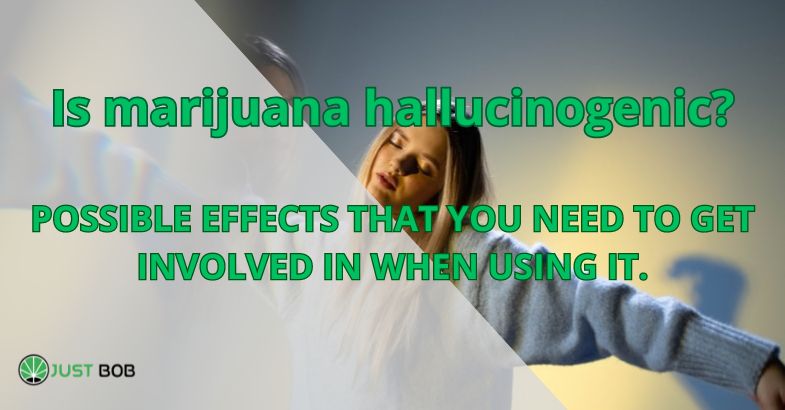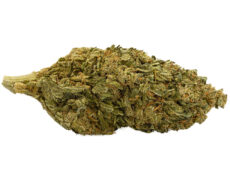Modified on: 19/04/2024
POSSIBLE EFFECTS THAT YOU NEED TO GET INVOLVED IN WHEN USING IT.
If you have ever talked to someone who has used marijuana, you may have heard about his ability to change the sensory perception of those who have consumed it.
But to what extent can one speak of hallucinations? Can the most common hallucinogens be compared to cannabis?
-
 SMALL & BIG
SMALL & BIGBUBBLEGUM
Starting from: 1,25CHF/gIndoor | CBD – CBDA <22%
Grams3 5 10 20 50 100 -


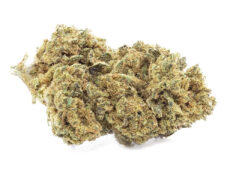
DO SI DOS
Starting from: 2,00CHF/gIndoor | CBD – CBDA < 19%
Grams3 5 10 20 50 100 -


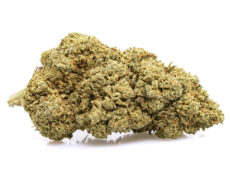
ROYAL GG#4
Starting from: 2,30CHF/gIndoor | CBD – CBDA < 40%
Grams3 5 10 20 50 100 -


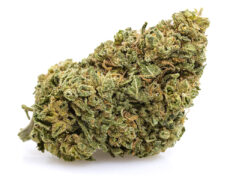
GORILLA GLUE
Starting from: 2,90CHF/gIndoor | CBD – CBDA < 20%
Grams3 5 10 20 50 100
Let’s try to clarify and better understand how the two substances interact with our organism and what effects they have.
What is a hallucination?
The term hallucination refers to a state of change. Etymologically, this word is derived from the Latin “alucinari”, which literally means “wandering in thoughts”.
More precisely, this term refers to sensory experiences of various kinds, which, in order to be defined as such, must have their origin in the mind, and therefore are not directly related to an external stimulus.
Although hallucinations are most often associated with vision, in reality they can affect literally any of the five senses.
They are classified as visual, auditory, olfactory, tactile and gustatory.
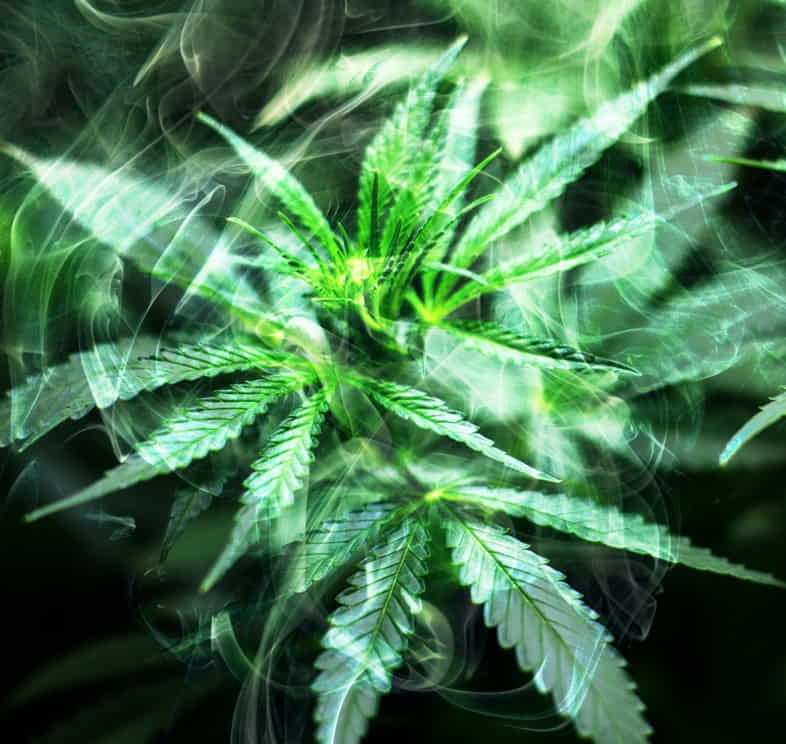

The truth about these phenomena can be interpreted in different ways. In some aboriginal cultures, they are considered manifestations of parallel universes that we would not be able to perceive without the altered state. This line of thinking is also supported by a number of researchers who claim that these experiences can be safely considered real.
On the contrary, medicine is firmly convinced that these phenomena are due only and exclusively to chemical changes in the brain. This is supported by the fact that many people report contacts with immaterial entities and trips to parallel dimensions when they are completely sober.
The scientific explanation in these cases attributes such events to clinical disorders, such as high fever, sleep disorders, side effects of taking certain medications, or, in more delicate cases, to mental illness.
However, to return to the actual topic, it is necessary to distinguish between these phenomena and those that occur after taking psychotropic chemicals, such as the THC contained in cannabis.
Read also: Cannabinology Course in Padua: How to Study Cannabis in Italian Universities
Let’s take a quick look at the mode of action of hallucinogens.
The main feature of these substances is that they can cause a change in sensory perceptions in the consumer.
How is this possible? The substances contained in the most common hallucinogens, such as LSD, psilocybin and mescaline, bind to the serotonin 2A receptor. By attaching themselves to him, they inhibit his main functions.
Serotonin and its serotonergic system play a key role in the regulation of emotions, mood, sexuality, cognitive functions, appetite and sleep. The antagonistic effect of hallucinogenic drugs on this system is the cause of the sensory changes provoked by these substances.
Although recreational use is widespread in modern times, hallucinogens were originally and in some cultures still used today to search for mystical experiences related to spirituality and communication with deities.
What do the typical hallucinogens have in common with cannabis?
The main responsible for the medicinal effect of cannabis is THC, tetrahydrocannabinol. This active substance is able to influence the dopaminergic system through the CB1 and CB2 receptors. As already mentioned, hallucinogens interact with the serotonergic system.
The association of cannabis with the most common hallucinogens in terms of its effect on the body therefore seems too forced.
When we talk about marijuana, a kind of ambiguity arises, which is also reflected in the classification of the substance itself.
Cannabis has a variety of effects on the body of the consumer, but none is so strong that it could be classified in a certain category or labeled.
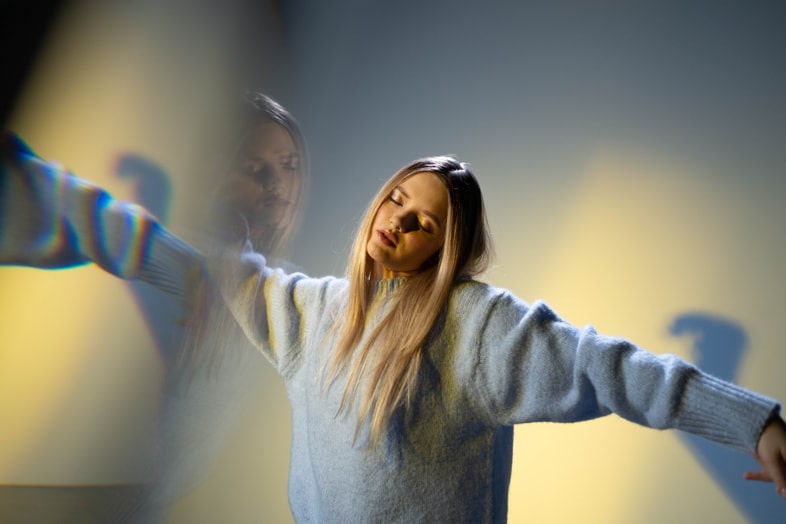

Marijuana users report depressive, hallucinatory and even stimulating effects. It is impossible to define which are the most important, especially since these seem to manifest themselves in a subjective way. The same cannabis taken by the same person at different times can, as has already happened, cause different reactions. In short, it is difficult to assign a label that is reliable enough.
It seems more correct to speak of psychotic effects rather than actual hallucinogenic effects in relation to cannabis or CBD weed.
Although these sometimes manifest themselves in the form of mild hallucinations, it seems more appropriate to associate them with psychosis.
First, let’s clarify what is meant by psychosis. According to the Istituto Superiore della Sanità, psychosis is “a type of psychiatric disorder that causes changes in the perception or interpretation of reality”.
The symptoms by which she makes herself felt include hallucinations and delirium, among others.
In view of the studies conducted so far, cannabis seems to trigger these effects only in people who are predisposed to such disorders and therefore have no connection with marijuana use.
Nevertheless, cannabis use is still strongly discouraged for people whose brains are still developing. To avoid the occurrence of certain problems, it is best to avoid the consumption of grass before the end of the growth period.
Can cannabis cause hallucinations?
In view of the above considerations, it can be concluded that there is no scientifically proven relationship between cannabis and the most common hallucinogenic substances.
The difference lies in the different ways in which these substances act on the consumer’s body.
In the hallucinogens, the serotonergic system and the 2A receptor are involved, while in cannabis, the CB1 and CB2 receptors, which belong to the dopaminergic system, are involved.
So, obviously, there is no scientific connection between the effects of these two drugs under study.
However, what could lead to the wrong association of cannabis and hallucinogens is the ability of cannabis to cause mild hallucinations in people predisposed to the development of psychosis.
We are waiting for you in Justbob!

